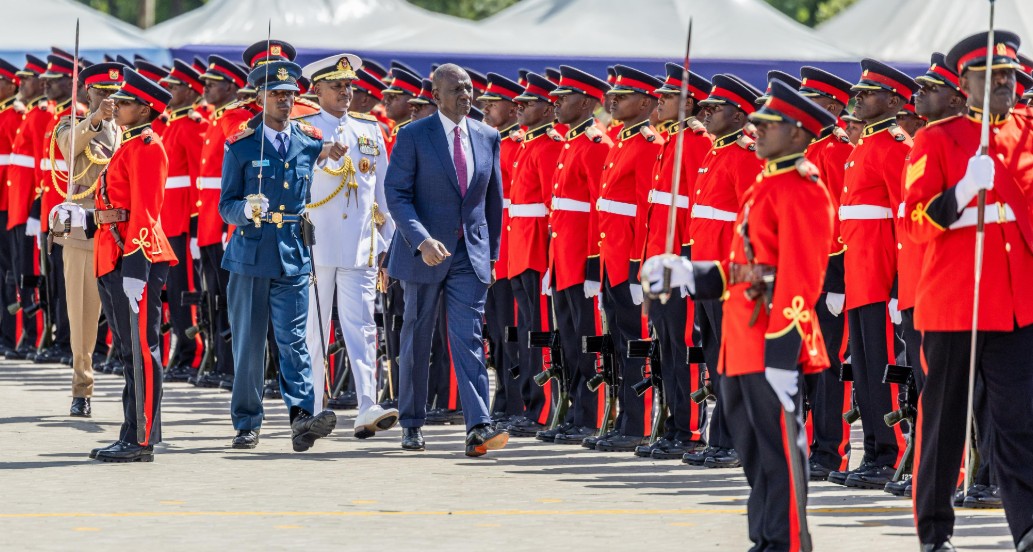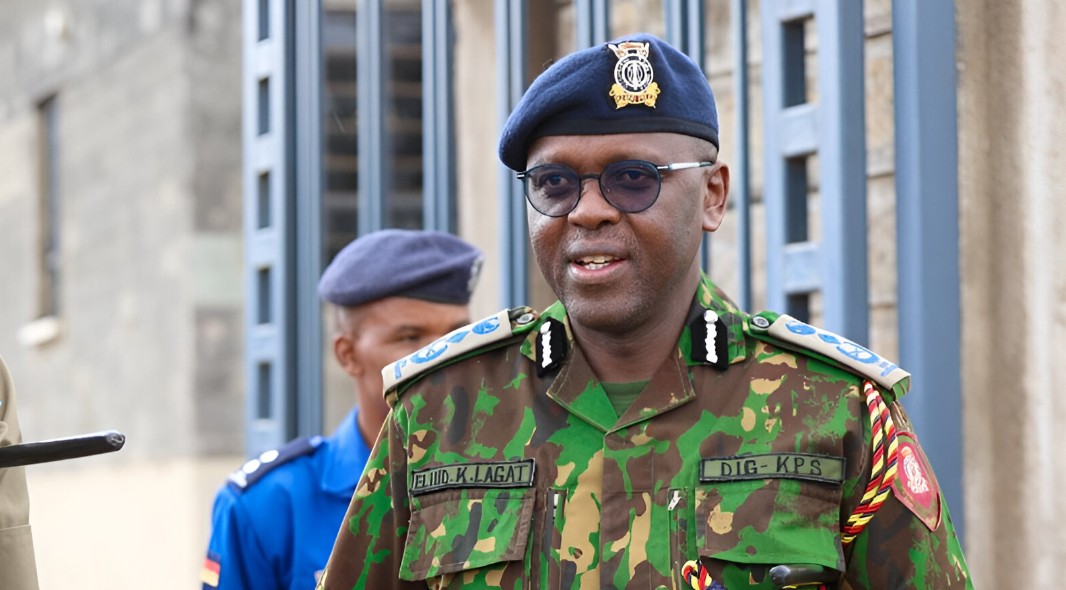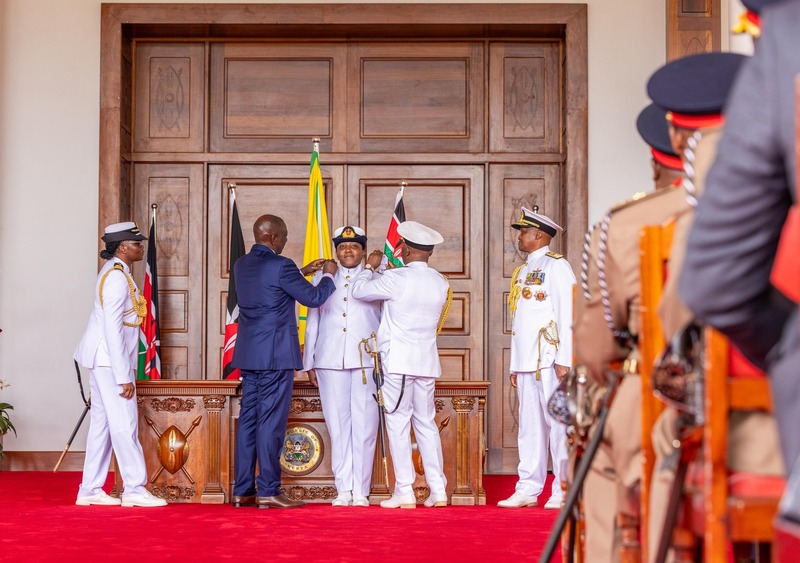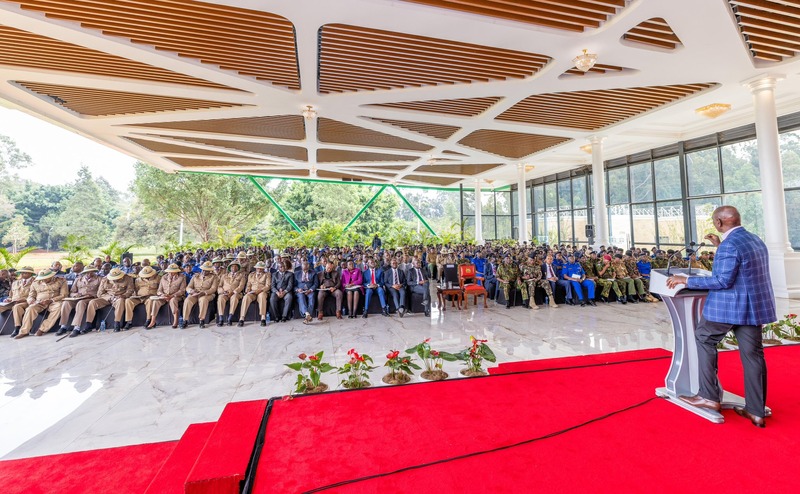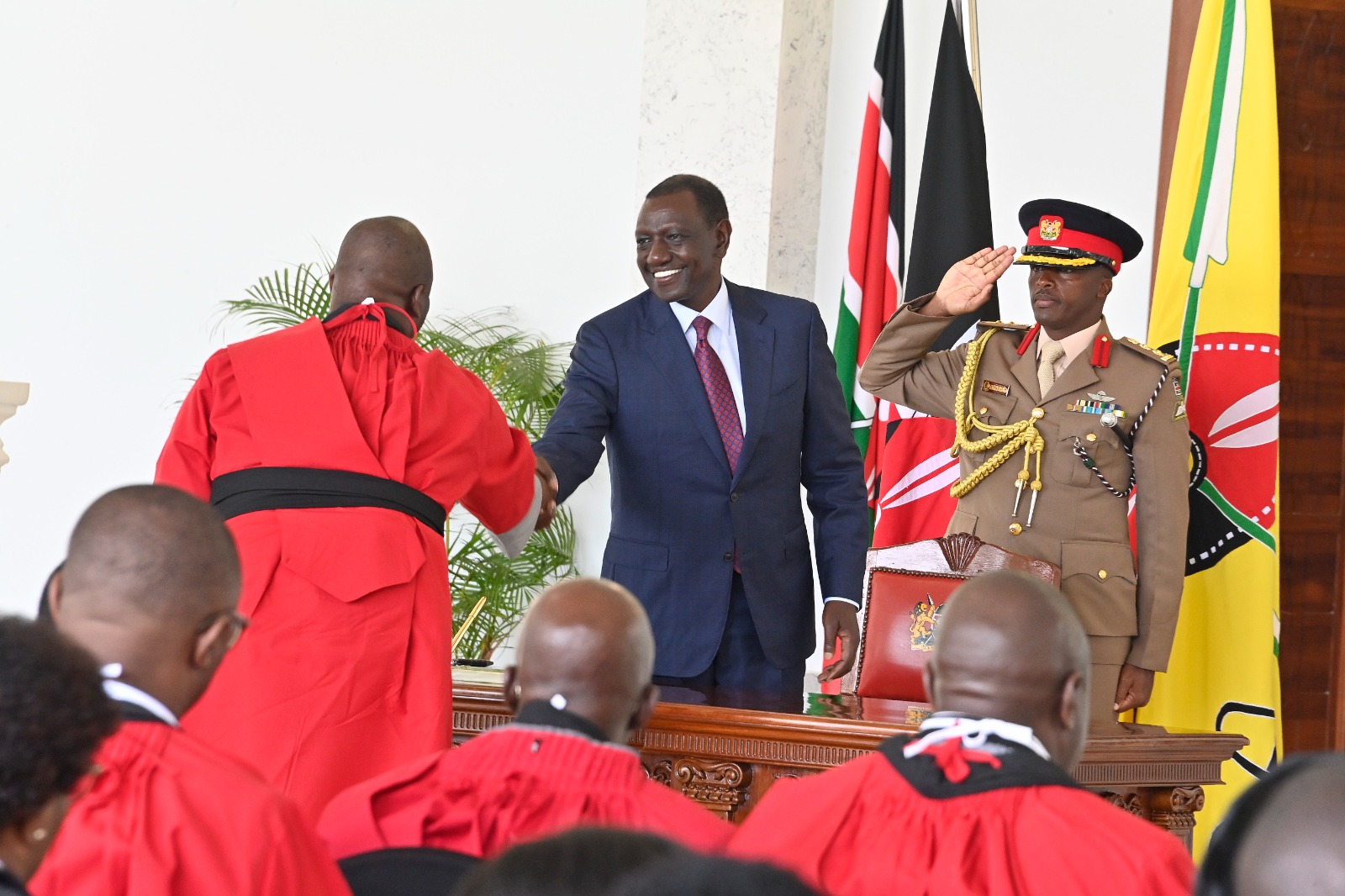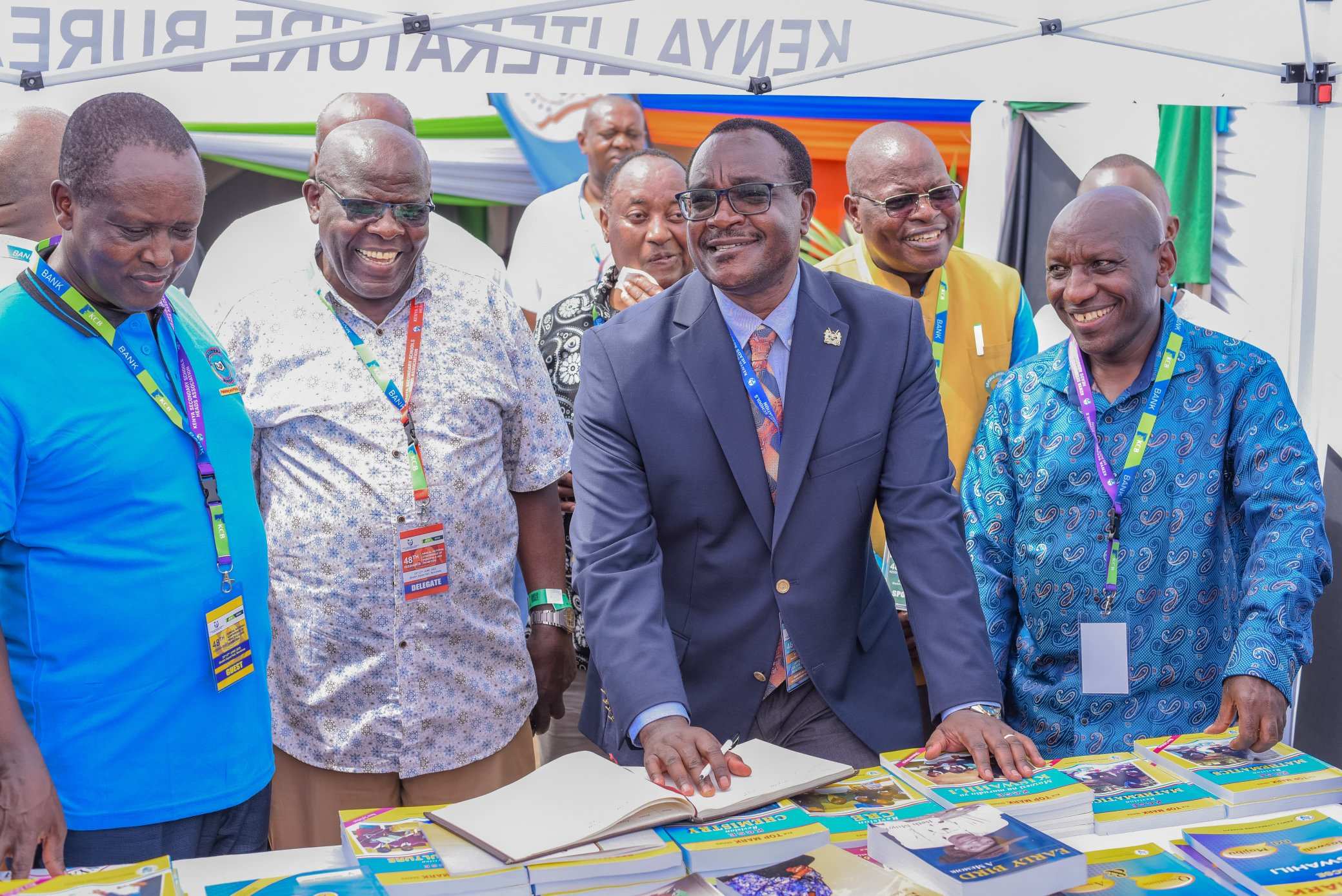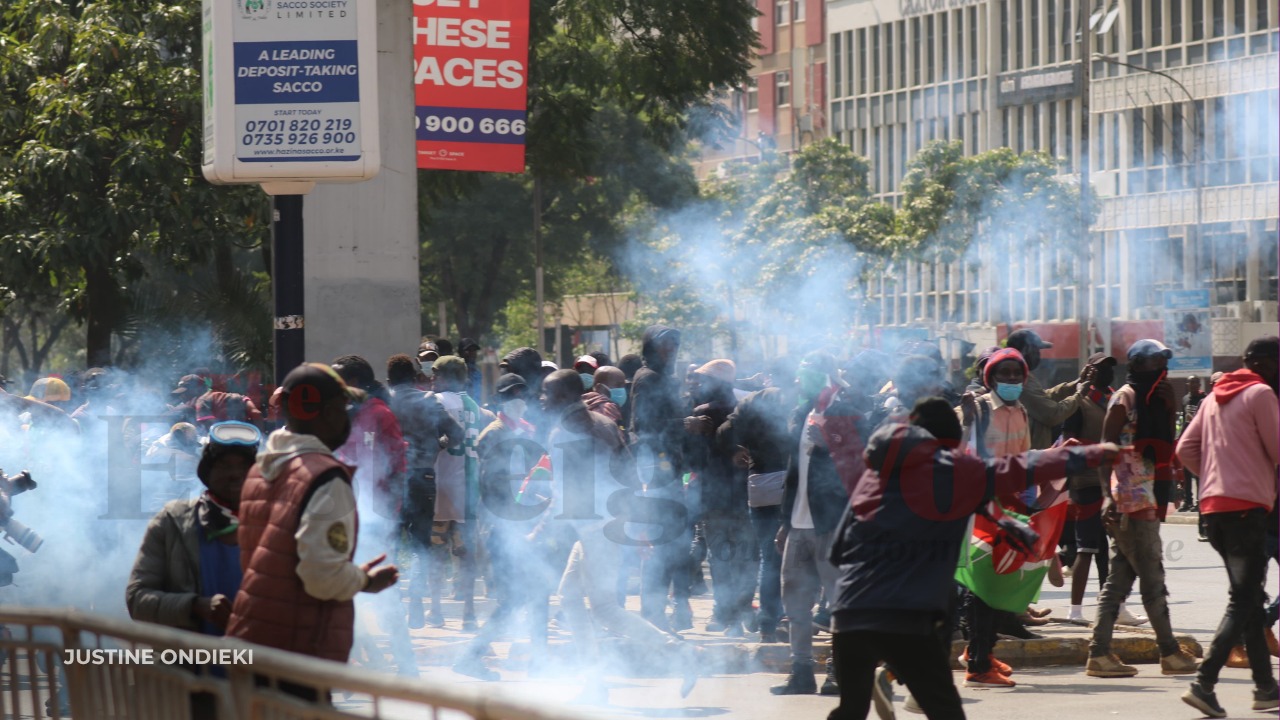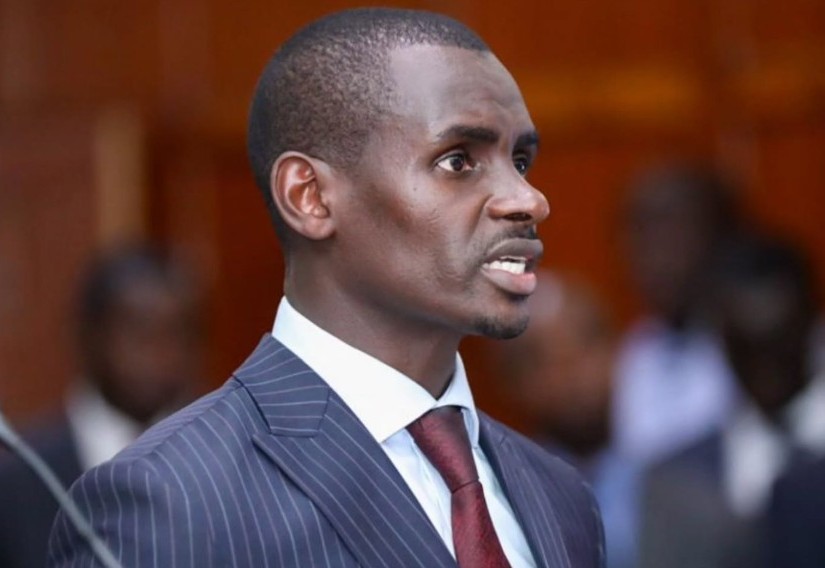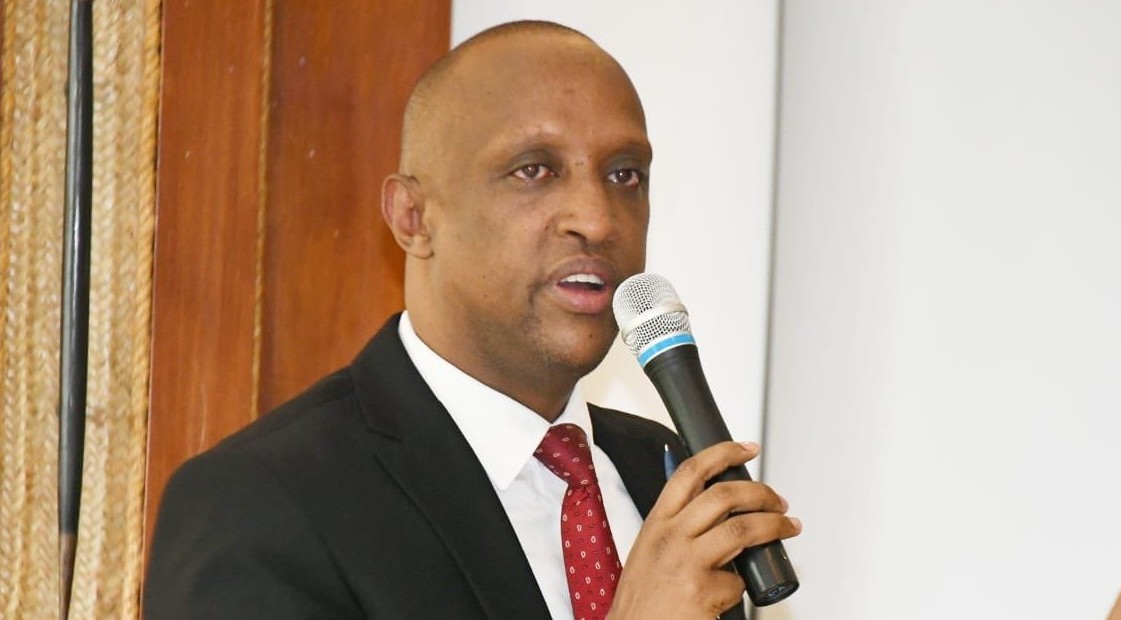Parliament awards itself Sh48 billion amid austerity, service cuts

The budget approved by the Budget and Appropriations Committee allocates Sh28.6 billion to the National Assembly, Sh8.2 billion to the Senate, Sh9.4 billion to Parliamentary Joint Services, and Sh2.8 billion to the Parliamentary Service Commission.
Parliament has handed itself a record Sh48 billion allocation in the 2025–26 budget, up from Sh43 billion this year, even as most essential services suffer funding cuts and Kenyans are asked to tighten their belts.
The budget approved by the Budget and Appropriations Committee, chaired by Alego Usonga MP Samuel Atandi, allocates Sh28.6 billion to the National Assembly, Sh8.2 billion to the Senate, Sh9.4 billion to Parliamentary Joint Services, and Sh2.8 billion to the Parliamentary Service Commission.
More To Read
- Counties rush to spend Sh30.99 billion disbursed before end of financial year
- Zero development funds: President's office, police, IEBC among 14 agencies starved of budget cash
- Revenue shortfall sparks National Treasury’s Sh18 billion supplementary budget push
- How Gen-Z protests forced National Treasury to cut Sh52 billion from budget
- Job losses loom as government mulls merging, dissolving 42 state corporations
- Sh20 million blow: Kenya’s anti-doping war crippled after drastic budget cut
The parliamentary windfall comes at a time when the National Treasury is citing cash shortages and warning of a Sh876 billion deficit, which has triggered deep funding cuts across critical services like health, education, and security.
The committee report reveals that the Treasury will not fund the recruitment of police constables, insurance for police officers, or the integration of village elders into the state payroll. In the education sector, the Higher Education Loans Board has been left without the Sh17 billion needed for university students due to join in September.
The Teachers Service Commission has also missed out on Sh7.3 billion that would have gone to converting 20,000 interns into permanent and pensionable employees. The health budget, expected to cover Universal Health Care and operations at various facilities, is short by Sh70 billion.
Yet Parliament's allocation was raised well above the Sh42.5 billion ceiling that had been set by the Budget Policy Statement and supported by Treasury. In defending the increase, MPs claimed the extra funds were essential to strengthen government oversight, improve services in constituency offices, and modernise Parliament’s operations.
“This downward revision signals a cautious approach to fiscal planning, aimed at aligning spending commitments with available resources,” the Atandi-led committee said, referring to the Sh58 billion overall cut from the initial estimates.
The Judiciary was allocated Sh27.8 billion, while the Office of the Auditor-General will receive Sh8.7 billion. The Equalisation Fund has been assigned Sh9.6 billion.
The education sector, despite missing some key allocations, still accounts for the largest share at Sh701 billion, covering capitation, TSC, and infrastructure. Examinations administration received a Sh6 billion boost for KCPE and KCSE.
The second highest sectoral allocation went to Energy, Infrastructure and ICT at Sh500 billion. Roads got Sh199 billion after an increase of Sh4 billion, housing will receive Sh119 billion, and energy and petroleum Sh92 billion.
Transport, including rail and air, was allocated Sh46 billion. MPs also protected their constituency development share, with Sh58 billion set aside under NG-CDF.
The Kenya Revenue Authority will receive Sh32 billion. Community health promoters have been assigned Sh3.3 billion, and Sh16.6 billion has been earmarked for the global fund tackling HIV, TB, and malaria.
Kenya will also spend Sh9.6 billion on contributions to the African Union and other international organisations.
The Defence Ministry got a Sh13 billion boost, taking its total to Sh213 billion. The military will receive Sh2 billion for new recruitment and Sh5 billion to support operations in Somalia. The National Intelligence Service has been allocated Sh51 billion.
Despite missing full funding, the health sector has been allocated Sh136 billion, including Sh8.8 billion for KMTC, Sh5 billion for KEMSA, and Sh4 billion towards Universal Health Coverage.
The agriculture sector got a lift through Sh8 billion for the fertiliser subsidy, Sh2 billion each for the coffee and sugar reforms.
However, many projects worth Sh233 billion remain unfunded, including Sh1 billion for additional judges and another Sh1 billion for expanded audit functions at the Auditor-General’s office.
Meanwhile, judges could benefit from a proposed Sh700 million increase in their emoluments, and the Ethics and Anti-Corruption Commission is set for Sh130 million more to refurbish offices and hire staff.
In sharp contrast to Parliament’s increase, the National Treasury’s allocation has been cut from Sh118 billion to Sh111 billion. The Office of the President is up by Sh30 million to Sh5.37 billion, while the Deputy President’s office will get Sh3.07 billion. The Prime Cabinet Secretary’s office has been given Sh866 million, and State House’s budget remains unchanged at Sh8.6 billion.
Even with a call for fiscal discipline, recurrent expenditure will rise by Sh59 billion. MPs say the projected Sh91 billion growth in development expenditure should be interpreted cautiously since such allocations are often slashed in supplementary budgets.
County governments have been allocated a flat Sh405 billion in equitable share, unchanged from last year despite rising inflation and growing public needs.
Social protection and the environment sector received no major increase. A plan to grow 15 billion trees remains underfunded.
To plug the gap, the government plans to borrow Sh592 billion domestically and Sh284 billion from foreign lenders.
Top Stories Today
Reader Comments
Trending
